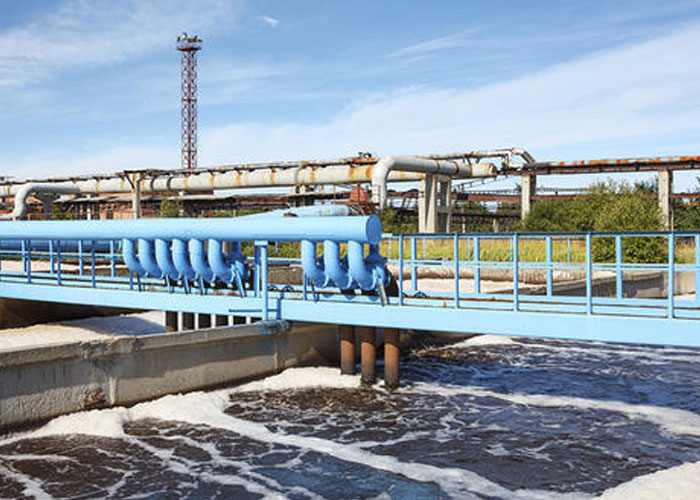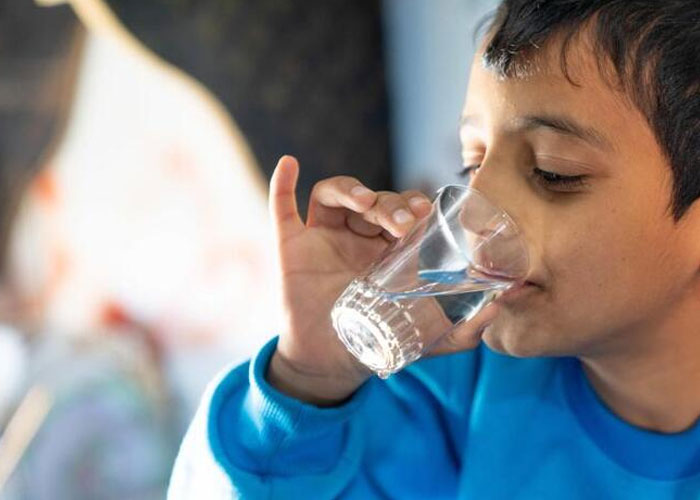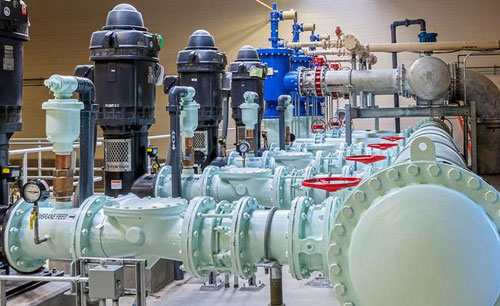The Sustainable Development Goals (SDGs) aim to achieve a cleaner and healthier world. These goals include improving sanitation, reducing pollution, increasing safe water reuse and recycling, and ensuring the sustainable extraction and supply of freshwater. The EU has also developed policies to promote water efficiency and reuse. These goals are guiding principles for water management and a framework for international cooperation. The following are some of the key goals:
Depending on the location of your home, you might have to purchase an STP to handle your sewage. Generally, residential buildings need at least one STP to treat sewage. Many STPs are located underground, making them difficult to maintain. Moreover, you may not be able to inspect them without hiring an expert. It is better to consult a professional if you have any doubts about the process.
Indirect potable reuse
Indirect potable reuse (IPR) has become an important method for recycling water and reusing it for other uses. The United Nations has set specific goals to support its implementation. It is also a way to meet global goals such as the Sustainable Development Goals (SDGs) and the Kyoto Protocol. Several projects are currently underway across the world, including projects in the United States, Australia, and Brazil.
Treatment of wastewater

The United Nations has set goals to reduce waste and promote the reuse of water, and there has been a growing movement to treat wastewater before it is discharged. As a result, wastewater is being viewed as an important resource, and the use of treated effluent can be economically and environmentally beneficial. Below is a description of the different stages of wastewater treatment. It can be difficult to estimate how much wastewater each process will remove, but if wastewater treatment is done correctly, it can reduce pollution by up to 90 percent.

Drinking water safety plans
The 2030 Sustainable Development Goals (SDGs) include targets to improve access to clean and safe drinking waters, end open defecation, and eliminate pollution and dumping. The goals also call for improved water quality and sustainable withdrawal of freshwater. They stress inclusive and quality services for all, including women and vulnerable populations. Governments must develop and implement comprehensive drinking water safety plans to achieve these goals.
EU policy on water efficiency
The EU is working to improve water efficiency and sustainability through a number of measures. It has already set out a number of targets for member states to meet, including developing water accounts and EU standards on water efficiency. However, much remains to be done in order to ensure that water is used efficiently and sustainably. The REFIT evaluation is one way to do this.
Impact of chemicals
There are a number of ways to improve the quality of drinking water and reduce pollution while also reducing hazardous chemicals in the environment. In this article, we look at the impact of chemicals on SDG 3: achieving water and sanitation for all. This goal also includes a number of targets to reduce air, water, and soil pollution. These goals are all part of the global effort to achieve environmental sustainability.
Sustainable Development Goal 6
The 2030 Sustainable Development Goals (SDGs) call for increasing access to sanitation and water, reducing pollution, and ensuring safe wastewater treatment and reuse. They also include strengthening collaboration between nations on water and sanitation issues and increasing recycled water and energy use. The 2030 targets also emphasize the importance of local community participation and safe water reuse. This article explores the link between SDG 6 and potable water reuse.
UN Women
According to the United Nations, water security is a crucial issue for girls and women around the world. UN Women has released a report on this topic, highlighting that women are fundamental to all 17 Sustainable Development Goals. The report also stresses that women should be empowered to make decisions that affect their health and livelihoods. For example, the report points out that women should be included in planning policies to improve access to water. This includes promoting water purification technology that reduces the risk of waterborne diseases.







































Share Post